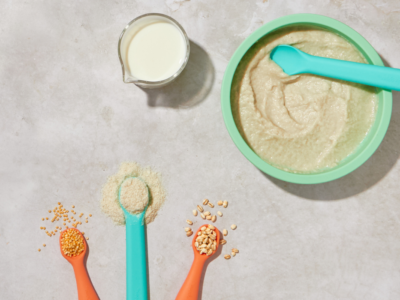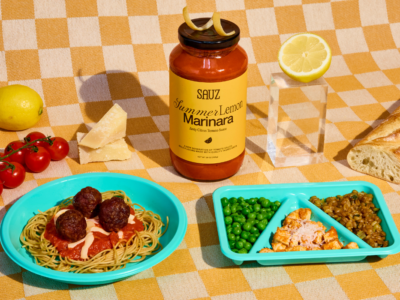Snacktime! Who doesn’t love snacktime?! I know personally that every afternoon I look forward to a little something to get me from lunch to dinner. But besides being enjoyable, is snacktime important, particularly for kids? The short answer is yes, but let’s dive into why.
Why Snacktime?
In my experience, snacktime is actually a crucial component in children’s overall schedules, their experiences and behaviors at mealtimes, and their general moods.
To explain, let’s start with an example child-eating schedule:
7:30/8 AM – Breakfast
11:30/12 PM – Lunch
**3/3:30 PM – Snack**
5:30/6 PM – Dinner
You’ll see in the above schedule that I recommend that children don’t go more than 4-4.5 hours during the day without eating. For some kids who eat smaller volumes, they can also have a snack between breakfast and lunch and not go more than 2-4 hours without eating.
But why is this timing important? For a few reasons:
- If kids go longer than 2-4.5 hours without eating, they can become so hungry and frustrated that mealtimes can become extremely unpleasant (commonly known as *hanger!*). Children experiencing hanger are less likely to try new foods (contributing to picky eating) and enjoy their eating experience.
- If kids eat more frequently than every 2 hours, this is known as “grazing.” Children who graze all day likely won’t sit for meals and try new foods during mealtime, it’s probably because their hunger never reaches the necessary level to want to consume a full meal.
If the goal is for your children to eat 3 meals a day, snacktime becomes imperative to help them bridge the length of time between lunch and dinner. Of course, every child is different and if you have a child who can eat a larger volume, he/she may be able to stretch for a longer period without becoming overly hungry!
What about picky eaters?
Another reason I love snacktime is for picky eaters. For example, let’s say you sit down to lunch and your child does not want to eat what’s being offered (even though he/she loved it last week!). Your first instinct may be to go into the kitchen to prepare something that he/she will eat. I generally discourage this type of “short-hand cooking.” Instead, if you know your child is having a snack just a few hours after lunch, I recommend waiting until snacktime to offer food again. This allows your child to decide how much he/she is hungry to eat at any given meal, but also offers him/her the opportunity to eat shortly after mealtime. This way your child does not become overly hungry and any parental anxieties about your child skipping a meal are eased.
What are some snack ideas?
My biggest recommendation for snacktime is to try to include protein and fat in all snacks! This helps to curb hunger and keep your children full for longer. Also, it helps to moderate blood sugar changes so there are not sugar spikes (hello: mood swings!) in the afternoon.
- Some foods that I love for snacks are:
- Apple and peanut butter
- Cheese and crackers
- Smoothies – check out the new Little Spoon ones
- Veggie muffin and almond butter
- Energy balls made with ground nuts
- Cottage cheese or yogurt with fruit
- Oatmeal with nut butter
- Hardboiled egg and fruit
- Turkey hummus pinwheels
- Leftover meals!
All in all, snacktime is not only very enjoyable, but it serves a greater purpose in a child’s overall schedule, leading to more productive and happier mealtimes.



